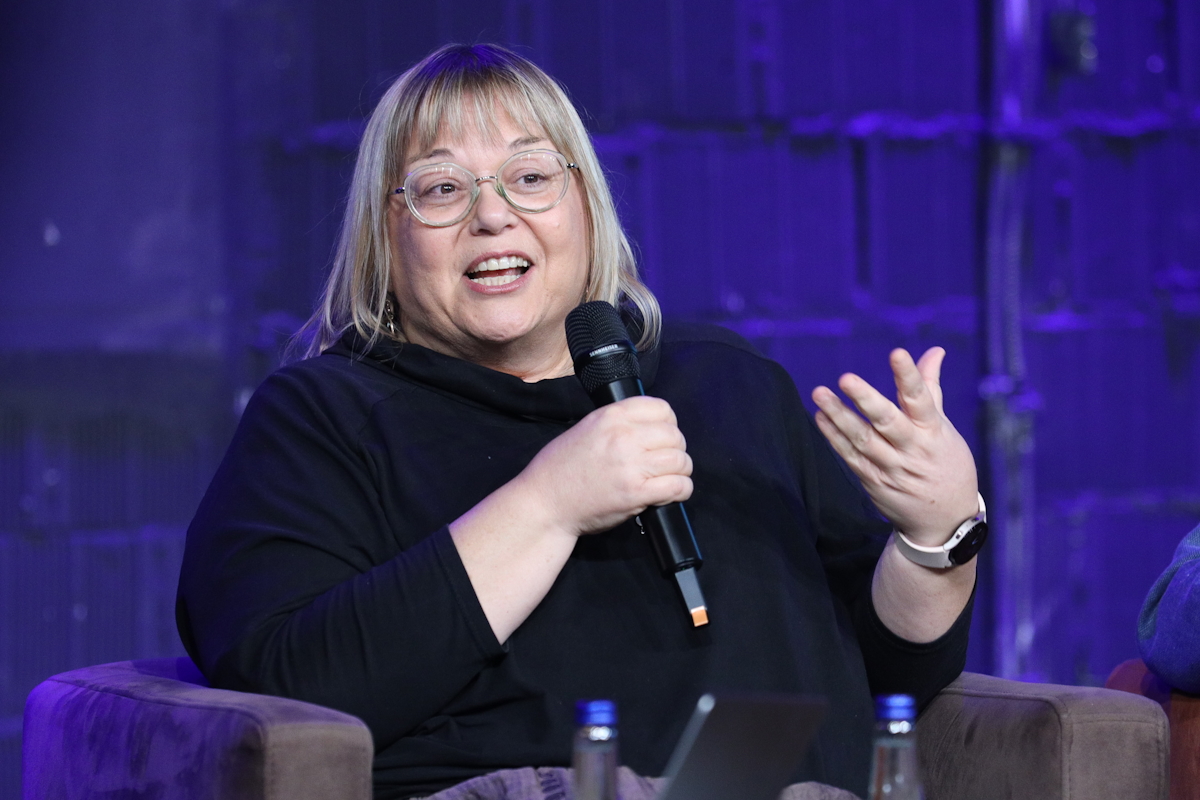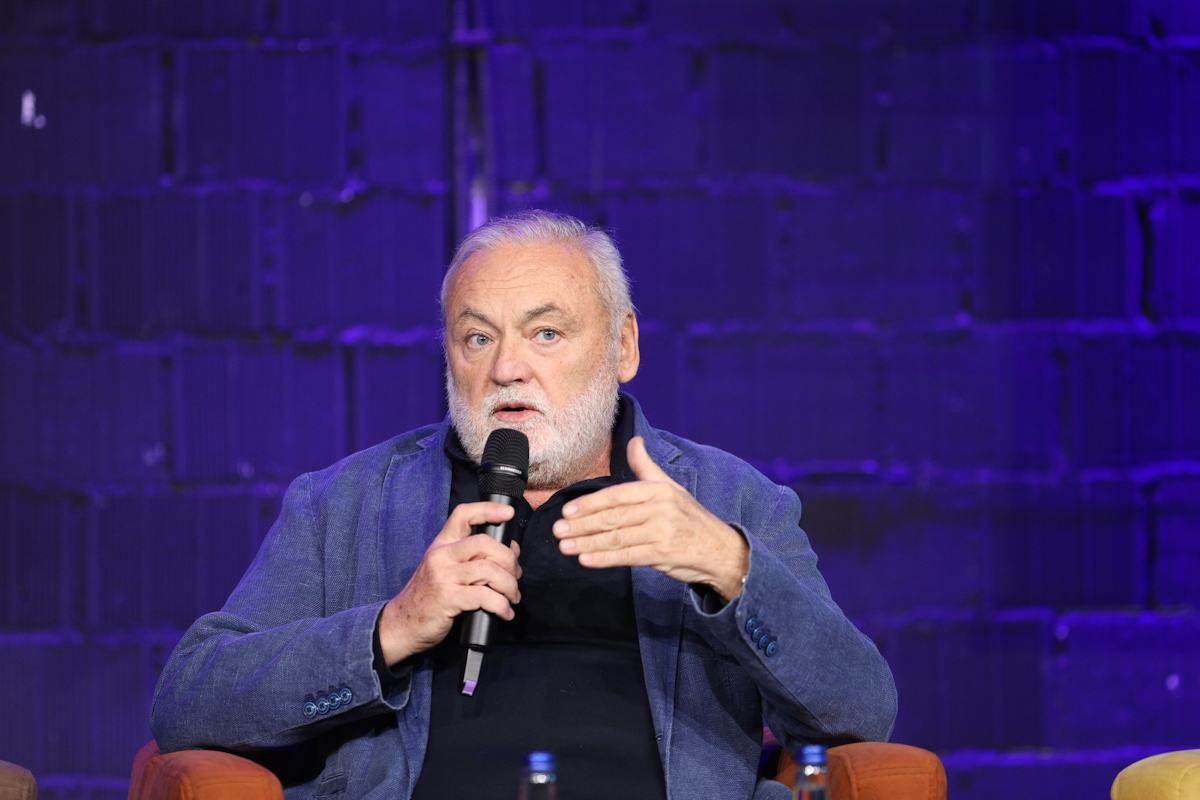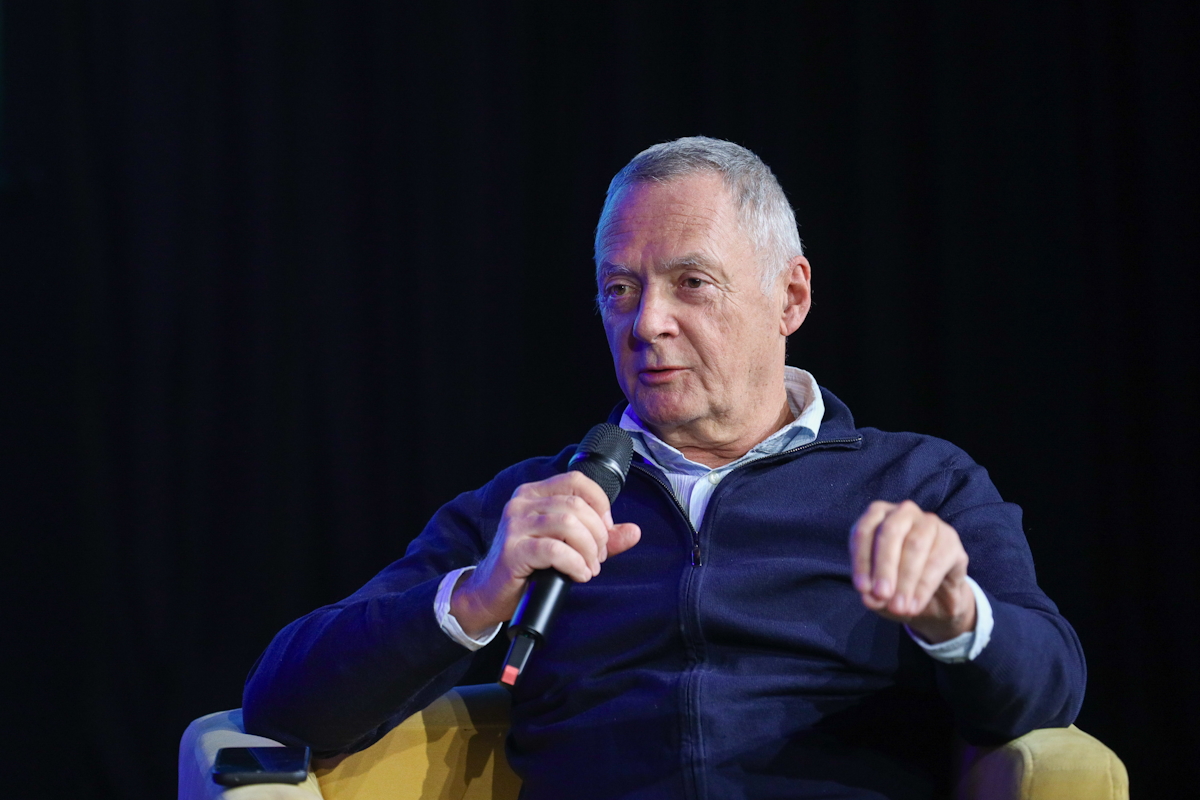Psychosomatic balance (well-being) is a very brief period in our lives during which the body responds to all brain demands, while the brain enjoys the full range of the body's capabilities. There is little discussion about andropause in men, and difficulties in adapting to the newly emerging physiological and endocrinological changes, as well as the lack of support from partners and the community, contribute to men struggling to cope with these changes and seeking professional help late. This is the conclusion of the panel discussion "A Cup of Coffee with a Psychologist," which focused on the topic "Andropause (Male Menopause) – A Challenge for Physical and Mental Health."
Psychologist Jelena Vranješević, speaking about changes in golden years, pointed out that "men are in a worse position than women because they lose something in which they have heavily invested – muscle mass, strength, energy, and sexual power." She further added that, for men entering andropause, "it is not the fear of death that emerges, but rather the first midlife crisis, with which many do not come to terms."

Prof. dr Jelena Vranjesevic, psychologist
Urologist and sexologist Aleksandar Milošević assessed that men typically enter andropause in their 40s, with the changes becoming more pronounced by their 50s, when the cycle of progression ends. He noted that statistics show men are most productive after the age of 50-60.

Prof. dr Aleksandar Milosevic, urologist and sexologist
"Men come for help as soon as they notice a decline in sexual power, whereas only about 10% of women report such issues, as they tend to handle them more easily. Women are gentler and more realistic; they mature much quicker, partly because they have ten times less testosterone. Men, on the other hand, often overestimate themselves, especially in their youth. The typical unhappy man is one who constantly sets grand goals for himself," said Milošević. He also emphasized that "diabetes, obesity, and hypertension are the main conditions that weaken testosterone."
Ivan Stanković, founder and owner of the Communis agency, noted that many men do not acknowledge andropause because they believe they are "tigers," which can be dangerous as they fail to recognize the problem, if present, and do not seek help in a timely manner. He added, "I have the impression that a person is dead when they no longer have dreams. The essence is to dream something, strive toward it, and have aspirations that keep a person motivated to achieve them."

Ivan Stankovic, founder and owner of the Communis agency
"I still have plans at my age. Some may not be rational, maybe they’re even childish, but those dreams keep me going. It’s important to have discipline as well. My discipline consists of swimming every morning for the past 17 years. It has become a habit, part of my mental hygiene and daily routine, helping me cope with everyday life," concluded Stanković.
The panel participants urged men to regularly visit doctors for check-ups and not to be ashamed to seek help, as every problem has a solution if professional help is sought in time.

Prof. dr Aleksandar Milosevic, urologist and sexologist , Prof. dr Jelena Vranjesevic, psychologist , Dragan Ilic, psychologist and journalist Suzana Djordjevic, director of Hemofarm Foundation, Ivan Stanković, founder and owner of the Communis agency
The "A Cup of Coffee with a Psychologist" panel discussions are organized by the Hemofarm Foundation in partnership with the Faculty of Philosophy at the University of Belgrade and the Art Commune Dorćol Platz.